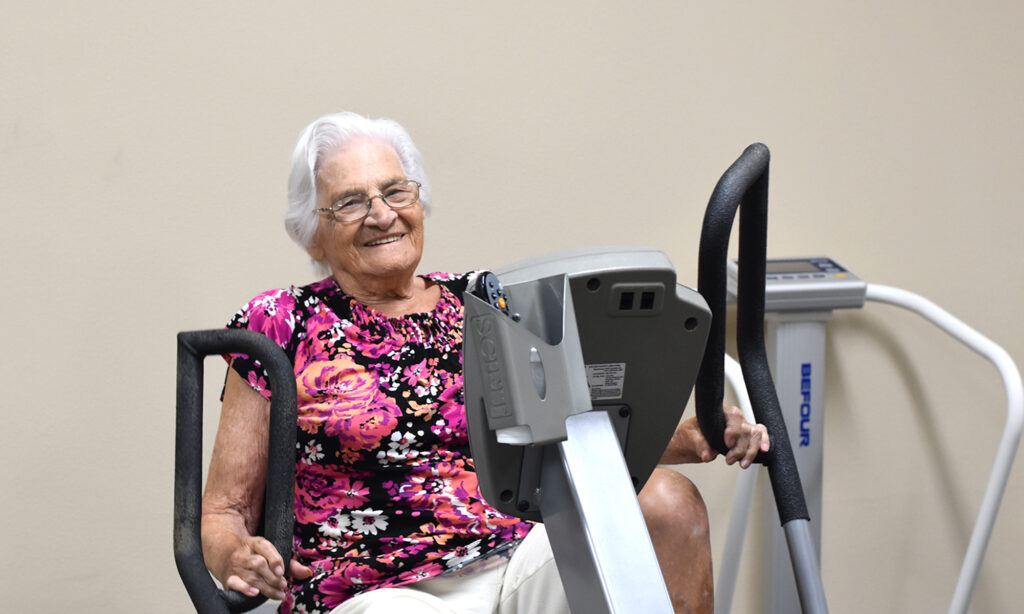
Ahh, February. It’s almost time for pink and red decorations, gifts from sweethearts, and sugary snacks—everywhere. Don’t forget; it’s American Heart Month, too!
Did you know that more deadly heart attacks happen during the winter and holiday season? How about the fact from the CDC that 1 in 5 people having a heart attack don’t even know they’re having one?
The American Heart Association reported that December 25th has the highest number of heart attacks compared to any other day during the calendar year. The second-highest day is December 26, followed by the third-highest day on the first of January.
What do all these days have in common? Holidays can throw people off their routines. There may be travel, nights spent sleeping poorly on bony hide-a-beds, more visiting into the late-night hours followed by the early morning coffee chatter that throws people off their routines.
As a result of all the socializing and fun, folks may skip more medications, move less, eat more, and may also use more alcohol or too much caffeine. They’re also probably forgetting their recommended eight glasses of water to flush out the holiday fun.
All of these factors compounded may contribute to the uptick in heart attacks around these days of the year. The good news is that all those dates are behind us, and if you’re enjoying this blog, you can share some of this helpful information with your loved ones!
Do you know what the symptoms of a heart attack are? Many folks don’t know that they’re even having a heart attack!
Warning Signs of a Heart Attack:
- Chest Pain
- Dizziness
- Fatigue
- Heartburn/indigestion
- Nausea
- Pain in the shoulders, arms, neck, back, jaw/teeth, or upper abdominal area
- Shortness of breath
Prevention Tips:
- Exercise
- Follow a heart-healthy diet
- See your healthcare provider to know your numbers and your risks
- Take medications as prescribed
- Use “sometimes” foods and beverages in moderation
- Work on stress reduction
Regular & Routine Medical Care
Maintain your health through regular visits to your primary care physician. They can recommend specialty care and services such as home health if you are managing chronic conditions, like diabetes, that put you at risk of a heart attack.
Regular cholesterol, blood pressure, and blood glucose checks help your doctor understand your risks so they can advise you on the next steps. Self-care like managing stress, getting enough sleep and exercise, and eating right can also help to reduce the risks.
Self-Care & Diet
In the land of hard work, slowing down can feel impossible. It can even look selfish to some, causing guilt if we take a moment. But to be healthy, we need prep time to schedule workouts, shop and prepare healthy foods, and relax. We also need the ability to exercise safely.
Heating up quick and ready-to-eat sodium-laden prepackaged foods can take a toll. It’s important to make time to prepare and eat healthy meals. You don’t have to do it alone, though. If you’re struggling to adjust your diet, your doctor may recommend the help of a registered dietician through home health to advise you on making the right changes.
Support at Home
If you’re interested in reducing your risk for a heart attack and could use some help, consider CaringEdge. We offer home health services to make you feel your best.
Our home health nurses can monitor your vitals, medications, and any new symptoms you may be having. Dietitians can also offer education on how your nutritional habits impact your health.
With the help of CaringEdge home health and outpatient therapy, you may regain the ability to exercise and move safely and freely around your home. Lastly, with our help, you can learn how to maintain your health and stay independent in your daily activities.
Let CaringEdge set you up for success, and get back to being you again! Reach out to us at info@caringedge.com with any questions you may have about services.
